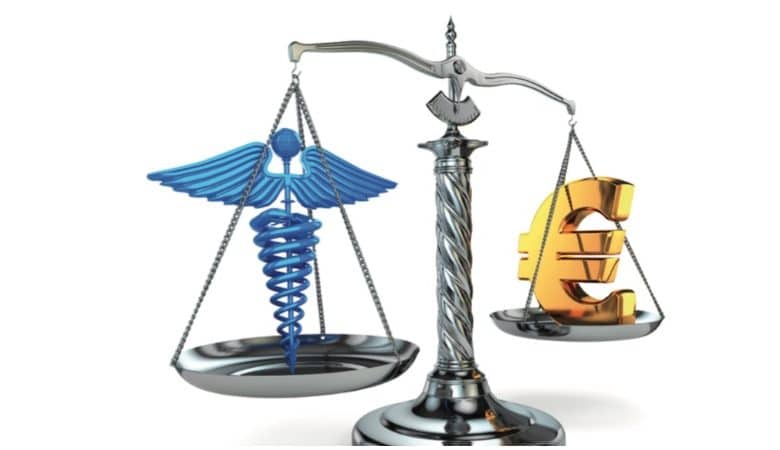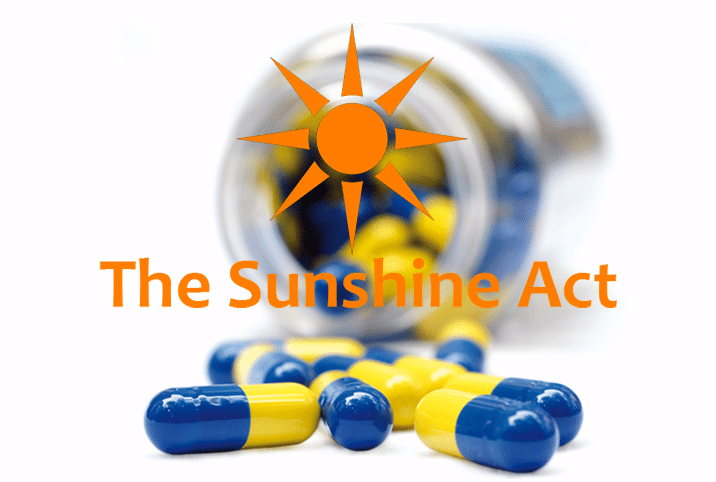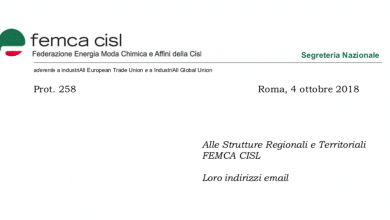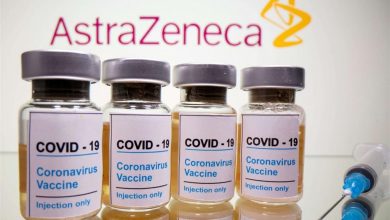
In focus “The self-medication of transparency”, Giuseppe Portonera – fellow of the Bruno Leoni Institute – analyzes the contents of the “Baroni” bill, which aims to be, for Italy, what, for the United States,  it was the “Sunshine Act”. This means that the proposal intends to make the relationships, having economic significance, existing between companies and individuals or organizations operating in the health sector "transparent", through the introduction of an obligation to publicize agreements and cash disbursements , goods, services and other utilities performed by a pharmaceutical company.
it was the “Sunshine Act”. This means that the proposal intends to make the relationships, having economic significance, existing between companies and individuals or organizations operating in the health sector "transparent", through the introduction of an obligation to publicize agreements and cash disbursements , goods, services and other utilities performed by a pharmaceutical company.
However, as highlighted in the focus, "once approved, the law would arrive where corporate decisions have already arrived, paradigmatically demonstrating how spontaneous market dynamics can arrive by themselves without the intervention of the legislator, who, that point, comes late and substantially redundant”.
In fact – Portonera argues – “starting from 2016, the pharmaceutical industry has already self-regulated, by means of its own Code of Conduct and without having to wait for the legislator to intervene, the scope of transparency with respect to the 'significant' relationships between companies and healthcare professionals”; and, "as happens for any type of reputational incentive, when, within a given market, a particular value begins to be taken into account in directing their consumption choices, companies receive a decisive push to adapt, in consequentially, its own practices and standards”.
And the case of transparency in the sector of relations between pharmaceutical companies and health professionals is no exception, given that - according to the data made available by Farmindustria - more than 70 percent of health professionals have already given their consent to the publication of data concerning them, "without the need for an external coercion other than the pressure of reputational incentives".
Freedom's Opinion – September 2, 2019
Editor's note: EFPIA (European Federation of Pharmaceutical Industries and Association) disclosure code and its implementation in Farmindustria's code of ethics (200 companies) undoubtedly aim to shed light on the relationship between doctors and industry and on the issue of conflicts of interest. The pharmaceutical companies associated with Farmindustria as well as their own  subsidiaries and affiliates.
subsidiaries and affiliates.
The adherents have chosen, without legal obligations, to publish online their financial relations with doctors and health organizations, but at the same time it notes that in an operation of transparency presented as an "epochal turning point" to sweep away prejudices and shadows in relations between drug companies and the healthcare world «Perhaps more could have been done: by making the data more "readable" and above all by clarifying the purposes and reasons for the financing choices adopted. In fact, if each company has disclosed its economic relationships with operators and organizations. First of all, the files are not "workable", i.e. they cannot be directly used for extrapolations and synthesis operations; secondly, the reasons for the disbursements are not disclosed, but the funding is limited to subdivision between donations and contributions, sponsorship of events, travel and hospitality expenses, consultancy expenses; finally, in addition to not often being available the overall total disbursed for the various categories, only in some cases is the total reported
However, in our country there are already numerous normative and deontological references to increase transparency and reduce the impact of COI (conflicts of interest) in the health sector: from the Code of Medical Deontology (art. 30) to the Community Code concerning medicines referred to in Legislative Decree 219/2006 (art. 123); from the Provisions for the prevention and repression of corruption and illegality in the public administration (Law 190/2012) to the code of conduct for civil servants (Presidential Decree 62/2013), up to the legislation that regulates the role of sponsors in Continuing Medical Education (CME).
Farmindustria associated companies
Associated companies of Assogenerici





